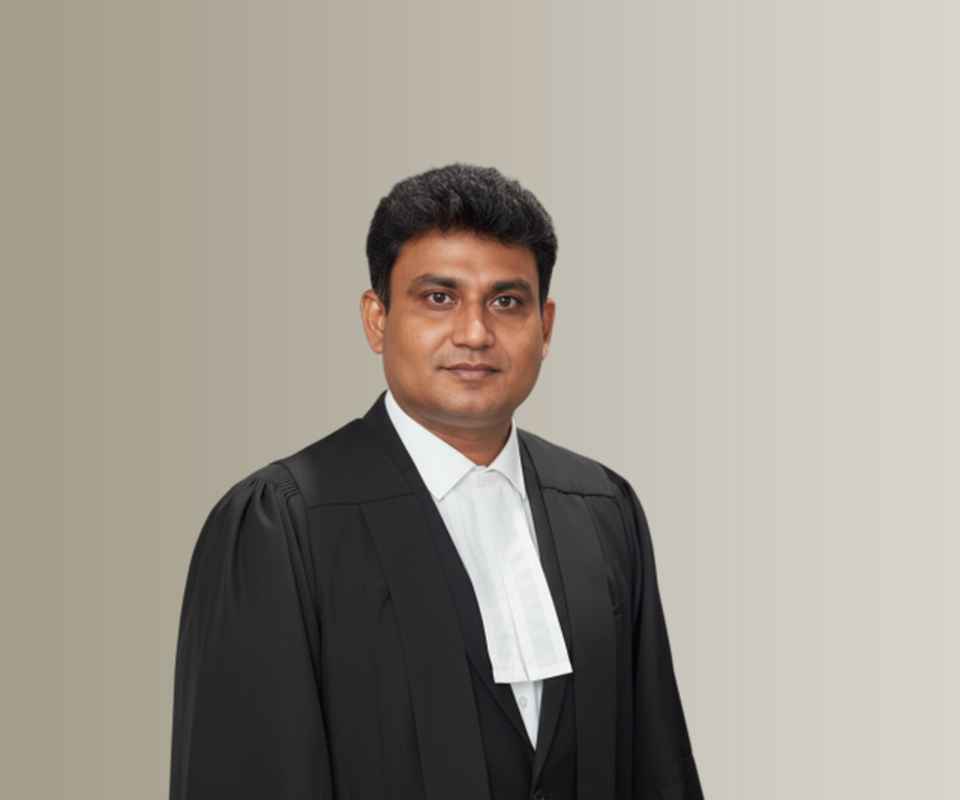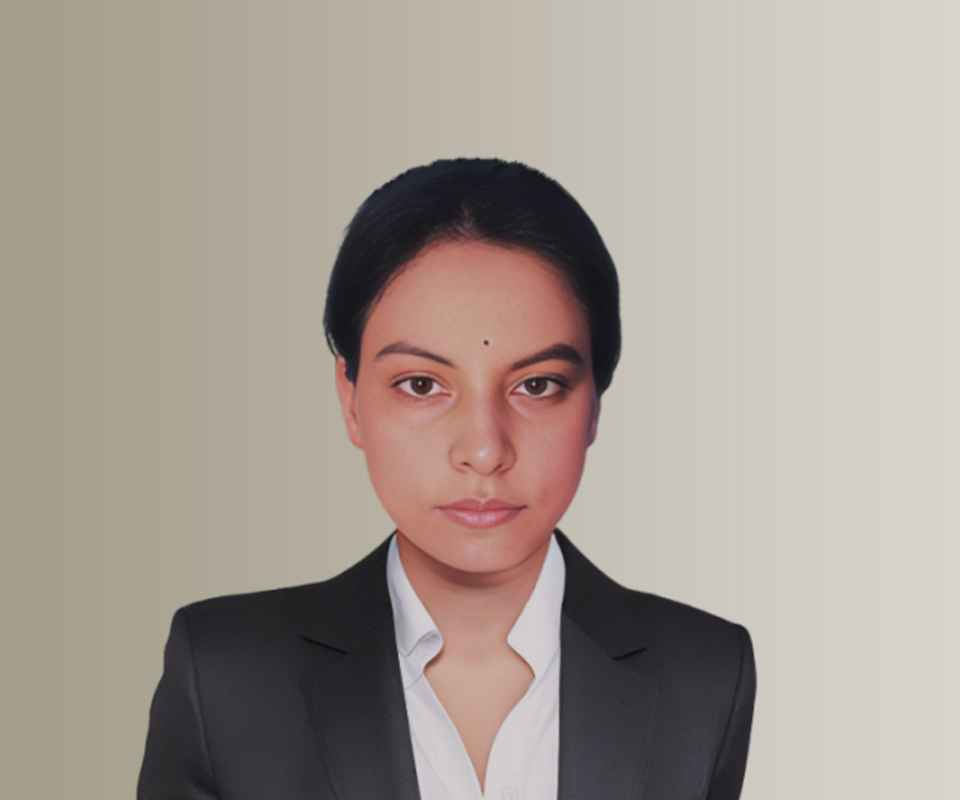Answer By law4u team
In India, court marriages are primarily governed by the Special Marriage Act, 1954. What is Court Marriage? A court marriage refers to a marriage solemnized in a court or before a marriage officer under the Special Marriage Act, 1954, rather than through religious ceremonies. It provides a legal framework for marrying irrespective of religion, caste, or creed. Key Features of the Special Marriage Act, 1954: It allows inter-caste, inter-religious, or civil marriages without the need for any religious rites. The marriage is registered and solemnized by a Marriage Officer appointed by the government. The Act requires a 30-day notice period to be given before the marriage is solemnized, allowing for any objections. It provides legal protection and recognition to the marriage and related rights, like inheritance, maintenance, and divorce. Consent of both parties is mandatory, and the parties must be of legal age (21 for men and 18 for women). Other Relevant Acts for Marriage in India: Hindu Marriage Act, 1955 — Governs marriages among Hindus, Buddhists, Jains, and Sikhs. Muslim Personal Law (Shariat) Application Act, 1937 — Governs Muslim marriages. Christian Marriage Act, 1872 — Governs Christian marriages. Parsi Marriage and Divorce Act, 1936 — Governs Parsi marriages. However, these religious personal laws usually involve traditional or religious ceremonies, whereas the Special Marriage Act covers court marriages which are civil in nature. Summary: If you want a court marriage in India, the Special Marriage Act, 1954 is the governing law. It provides a secular, legal procedure to marry without religious rituals and registers the marriage officially through a government marriage officer.









